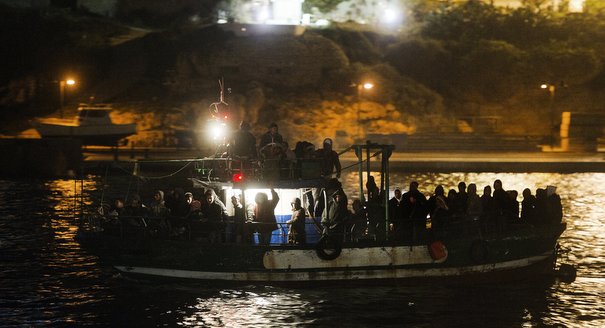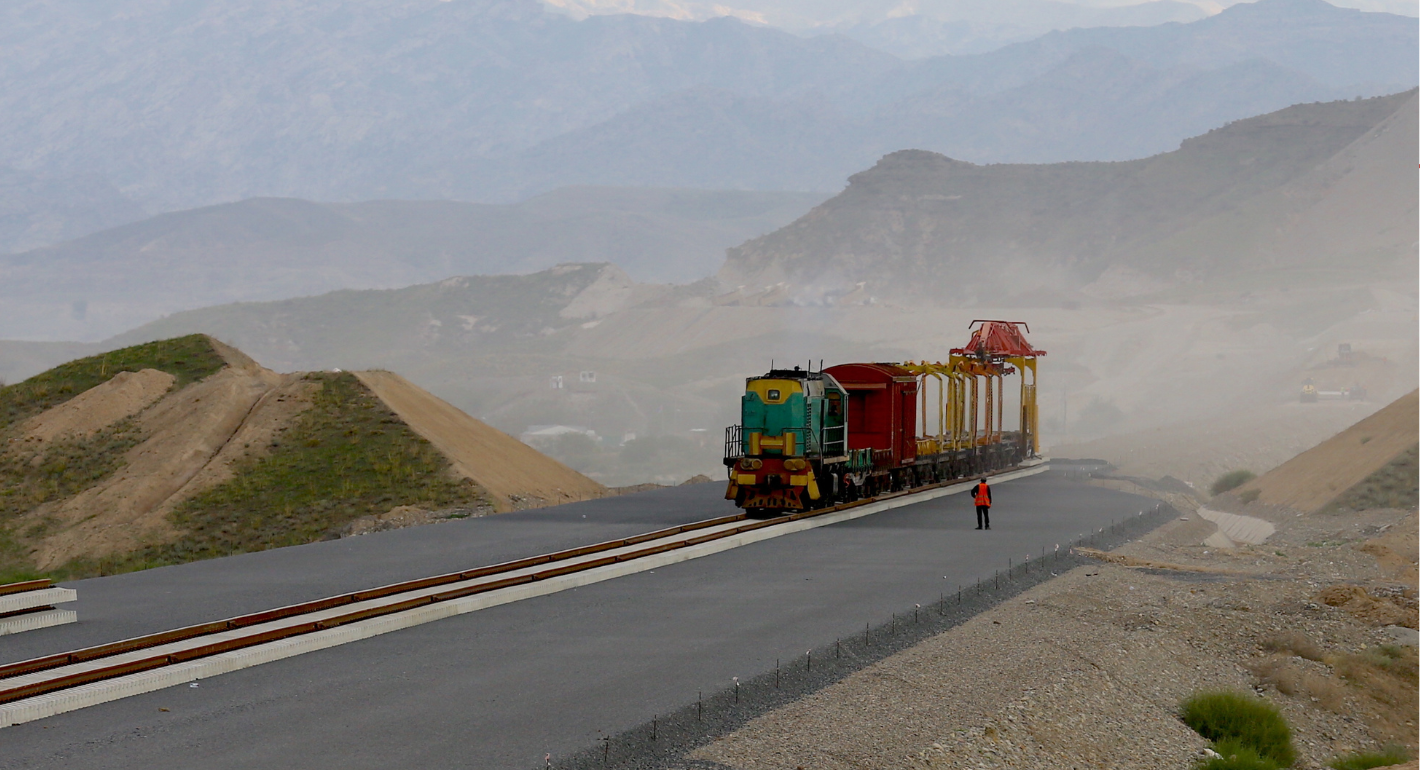You read about the growing numbers of company closures, unemployed, and even suicides, all triggered by governments’ plans to drastically cut budgets.
They are consequences of the EU’s insistence on austerity measures as the price to pay for financial support to indebted countries belonging to the Eurozone.
What you don’t read about is how the economic crisis, especially in Greece and Spain, is affecting those who already live a particularly miserable life: refugees and migrants who have come to Europe in search of safety and prosperity.
Day by day, says the United Nations High Commission for Refugees (UNHCR), the conditions for anyone seeking asylum or refuge or simply a better life in Europe are becoming worse. Even the number of racist attacks is going up, according to Human Right Watch.
The economic crisis, says UNHCR, makes migrants and refugees easy targets for populist political parties to seek to win support by ventilating people’s fear of foreigners.
Yet consider the world from which migrants and refugees are fleeing. The Middle East is on the path to a long and complex transition, with stability not always a given. The violence and terrible destruction in Syria show no signs of abating. The situation in Afghanistan is deeply worrying, especially for women who fear their newly-won rights will be swept aside once the NATO forces leave and the Taliban gain political influence.
And don’t forget Bangladesh.
Tens of thousands of workers who had been employed in the Gulf States are now being sent home. Money, jobs, and security are scarce, which is why so many still regard Europe as a haven, regardless of Europe’s own financial crisis.
Yet as it turns out, in conversations with UNHCR and Frontex, the EU’s special border control unit for Europe’s external borders, Europeans fail to offer at least temporary shelter and humanitarian assistance to refugees, migrants, and irregular migrants arriving in the EU.
Such an approach could include more resources channeled into setting up temporary housing, social, health and educational facilities for refugees and migrants, especially for children.
But that is not what is happening. On the contrary.
Recently, the Greek government announced plans to establish immigration detention centers for irregular migrants, that is, people who did not enter the country through official border crossings, and for those with infectious diseases, according to Amnesty International. Not that Greece has ever had a good record in dealing with refugees and migrants.
“Let me tell you what is happening in Greece,” said Ketty Kehayioylou, UNHCR’s spokeswoman in Athens. “The Greek authorities drew up new legislation back in 2010 to improve the conditions for refugees and migrants. But the law cannot be implemented. The government cannot recruit staff because of the economic situation. In fact the staff is being cut.”
Furthermore, Greek funds to repatriate migrants have dried up.
As it is, 90 percent of refugees and migrants enter the EU through Greece, coming across the border form Turkey. Right now, there is a particularly high number of refugees from Syria and Iran who make their way to Greece in the hope of being able to travel on to other EU countries from there.
But under the so-called “Dublin II Regulation” would-be asylum seekers remain the charge of the EU country where they first entered the Union. A fingerprinting system makes sure that refugees can be sent back if they try to apply for asylum anywhere else.
Burden sharing does not exist because the EU does not have a common resettlement policy. As of January 2011, Greece had 67,428 refugees and asylum seekers registered as residing in Greece. Northern European countries, in spite of being much more affluent, have seen the number of asylum requests dwindle to next to nothing.
This lack of solidarity makes it very difficult for countries like Greece, but also Italy, Spain, and Malta, who register the highest number of refugees at the same time that they have been hit particularly hard by the financial crisis.
In Spain, where the government is also introducing huge spending cuts, nongovernmental organizations dealing with refugees and migrants are under immense pressure. They supported the local UNHCR by providing legal advice and interpreting services and social welfare assistance among other things.
But now, the government has slashed their funds. “The government has cut its contributions three years in a row to the NGOs,” said Maria Jesus Vegan, UNHCR’s spokesperson in Madrid.
Spain has nothing compared to numbers of refugees and migrants arriving in Greece. In January 2011, there were only 6,566 asylum seekers and refugees registered in the country. Budget cuts also threaten refugees in Italy, Portugal, and Ireland.
What all of this means is that instead of providing refuge and some livelihood to the tens of thousands who still see Europe as a continent of safety and opportunity, Europe is turning itself into an ever more forbidding fortress. The consequences are dire, not just for Europe’s values and image in the world, but also for its ageing population.











